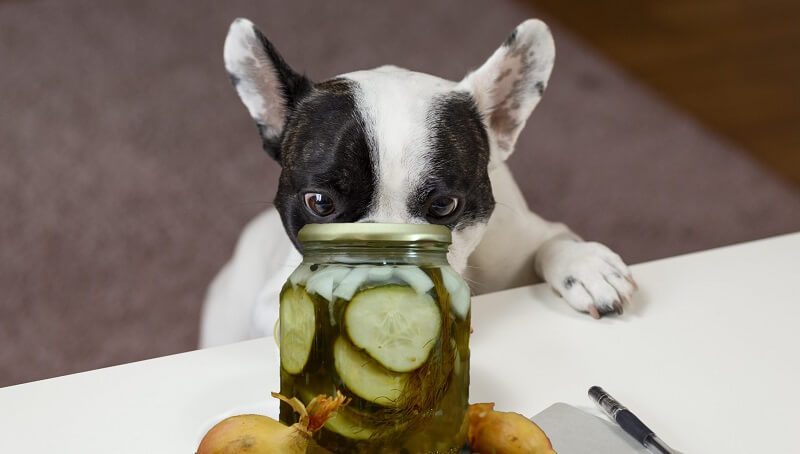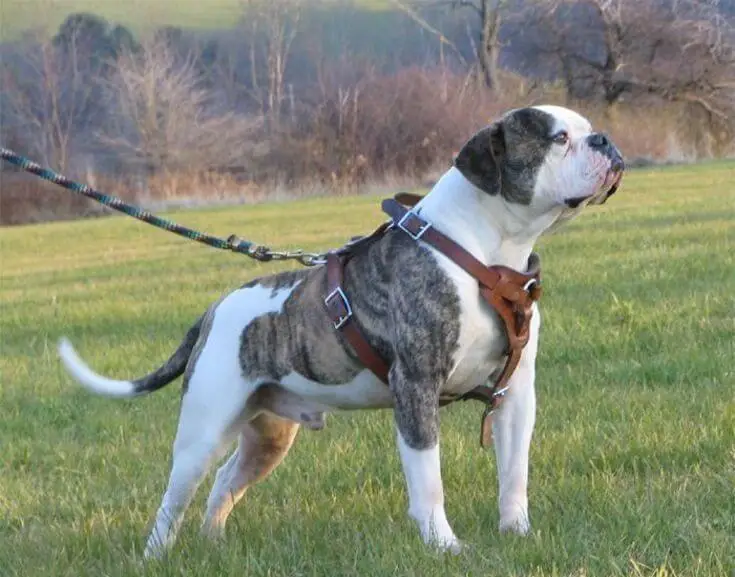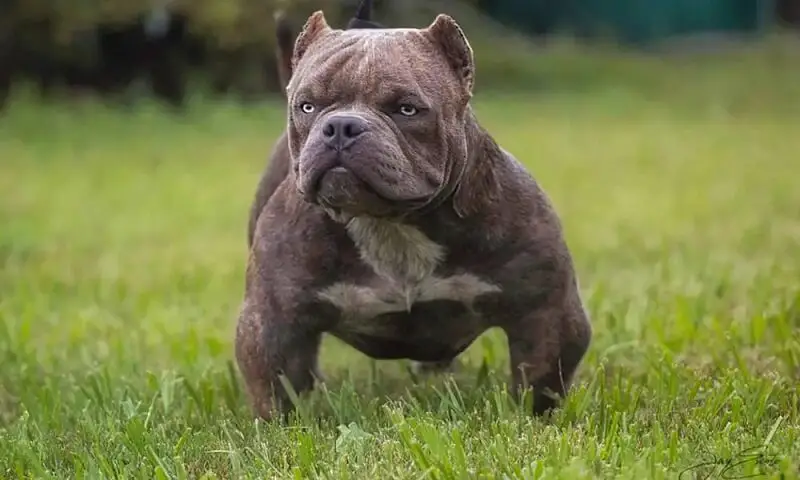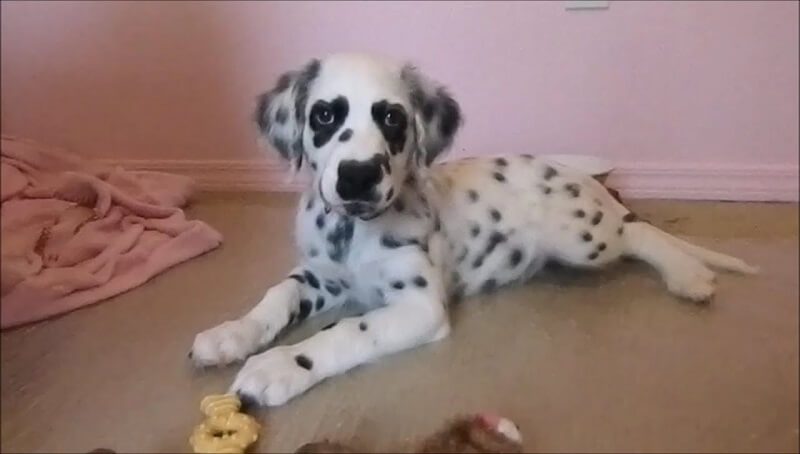You should try to avoid giving your dog dill pickles, even in small bites, as treats. It’s not the dill that is considered poisonous or toxic for the dogs, but the ingredients that will be used to make the pickle. Those are the ones that are considered problematic for a lot of pets, including dogs.
Why are dill pickles bad for dogs?
Let’s go over some of the ingredients that are used when making a dill pickle. And these are used for other pickles as well. Most of the time, while going through the normal pickling process, ingredients like sea salt, sugar, mustard seeds, garlic, and vinegar are commonly used. Two of the ingredients from this list are considered a no-no for dogs.
Due to the compound called thiosulfate, garlic is very toxic to dogs. It can lead to anemia or other long-lasting health issues.
Salt is the second ingredient considered problematic for dogs. Eating too many dill pickles or other salty foods can lead to sodium poisoning in dogs. Keep in mind that just 100 grams of dill pickle can contain up to 1,200 mg of sodium, according to USDA. This is close to 50% of the daily recommended sodium intake for a full-grown adult human, so imagine just how nocive the same amount would be for dogs.
This same risk would also apply to other foods that are based on pickled ingredients, like dill pickle juice, dill pickle relish, and even dill pickle chips. This is why it is very important for you to keep these types of foods away from your pet.
What to do if your dog eats a dill pickle
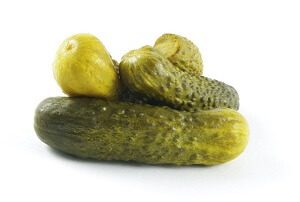 Even if you don’t feed your dog dill pickles, this creature is smart and sneaky enough to grab a bite of on when you aren’t looking. If this happens to you, then the first thing you should understand is that although not all that good for dogs, one pickle won’t be lethal. Unless your pet eats a whole jar, you usually have nothing to worry about.
Even if you don’t feed your dog dill pickles, this creature is smart and sneaky enough to grab a bite of on when you aren’t looking. If this happens to you, then the first thing you should understand is that although not all that good for dogs, one pickle won’t be lethal. Unless your pet eats a whole jar, you usually have nothing to worry about.
You might also like my articles on whether dogs can eat Twizzlers, yogurt, and chocolate.
Even though nothing bad is likely to happen from a bite, there are a few steps I recommend you take. First off, give your dog plenty of fresh water. Dill pickles are likely to make your pet feel thirsty. As a second step, make sure you watch your dog for any side effects for the next couple of days. You should get in touch with your vet if you notice any signs of sickness or unrest in your dog. If you have a pup, you shouldn’t wait for severe side effects. Instead, call the vet as soon as you can, because these dogs are usually more prone to getting sick after eating these kinds of foods.
Another important step you should take is to check the ingredient label in the case of store-bought dill pickles because these products are often made with other ingredients that can put the life of your pet in danger. An example is store brands of dill pickles that contain a considerably high concentration of onion or garlic, which makes them a lot more dangerous to dogs.
Side effects for dogs that eat too many pickles
There are several factors that will influence the overall health consequences of dogs ingesting pickles. The worst-case scenario would be a dog ingesting too much sodium, which might lead to some very severe symptoms. Among these symptoms, the most common are body tremors, vomiting, and diarrhea.
When the issue is ingestion of too much garlic or onion content, the effects would be lethargy and salivation.
